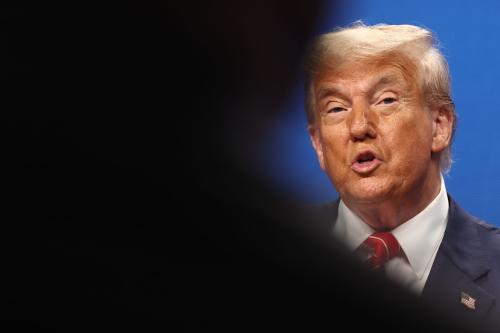The sudden death of Kim Jong-il will complicate and confuse the succession process he had set in place. After Kim recovered from his stroke in August 2008, he made a series of moves to designate and establish his third son, Kim Jong-un, as his heir apparent. As the elder Kim’s health seemed to improve, the pace of this transition slowed down, because he did not wish to deplete his own power as he positioned his son. His sudden death from a heart attack on Dec. 17 throws that into chaos.
What happens next? The most likely scenario is a collective leadership that will rule in the name of the Kim family—in effect, a regency. Kim Jong-un has not had enough time to consolidate power in the key institutions of the North Korean regime: the military, the Korean Worker’s Party, the government administration, and the security and intelligence agencies. The elder Kim had around 20 years to gain control before the death of his own father, Kim Il-sung. Kim Jong-un has had less than three. A key figure in the collective leadership will be Jang Song-taek, the husband of Kim Jong-il’s sister.
The Brookings Institution is committed to quality, independence, and impact.
We are supported by a diverse array of funders. In line with our values and policies, each Brookings publication represents the sole views of its author(s).



Commentary
Op-edKim Jong-un’s Shaky Hold on Power in North Korea
December 19, 2011